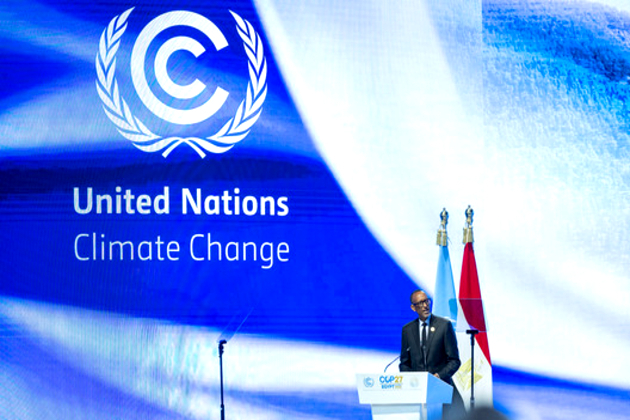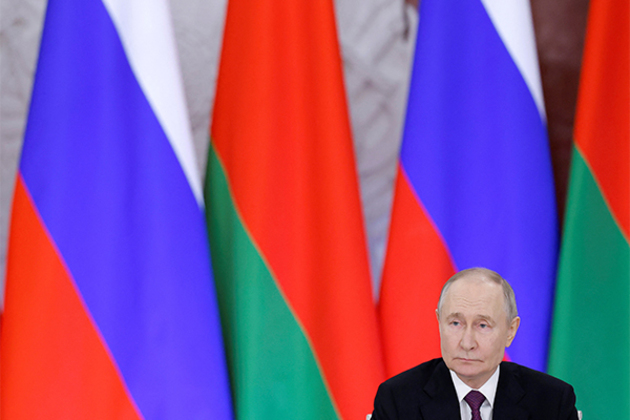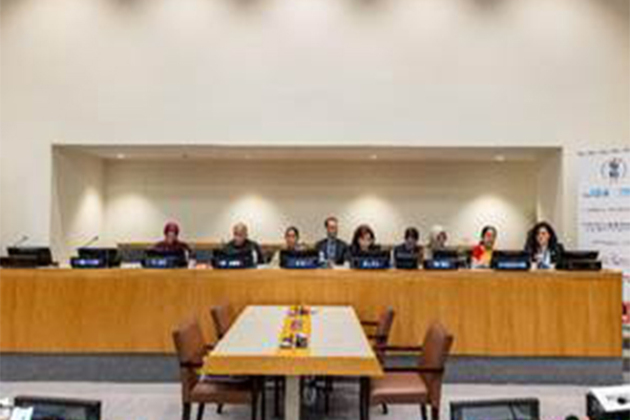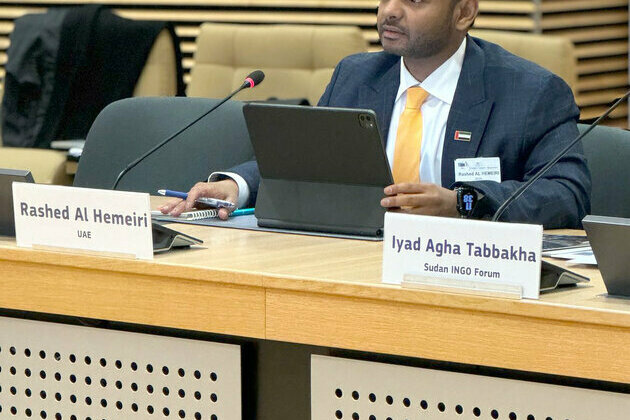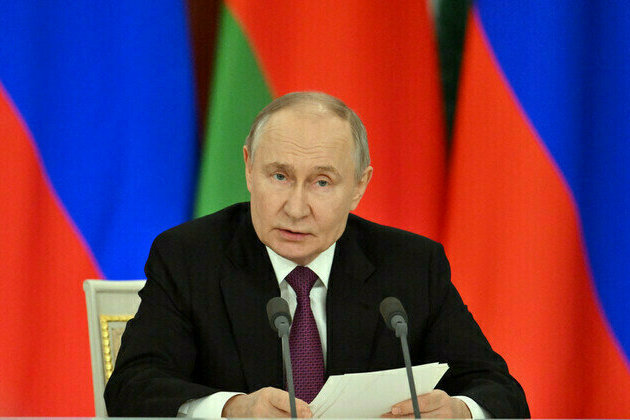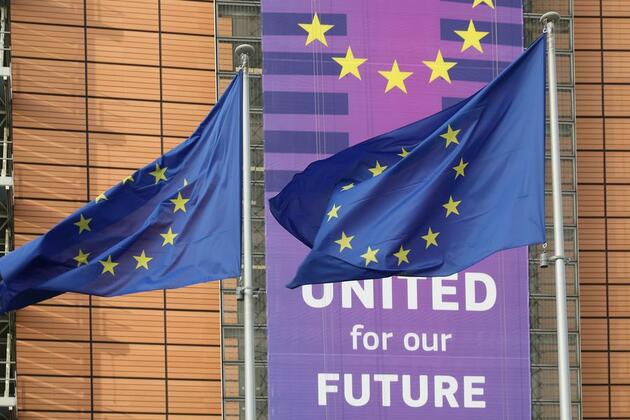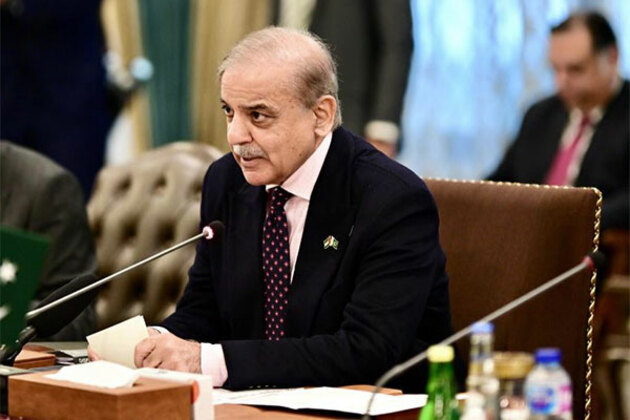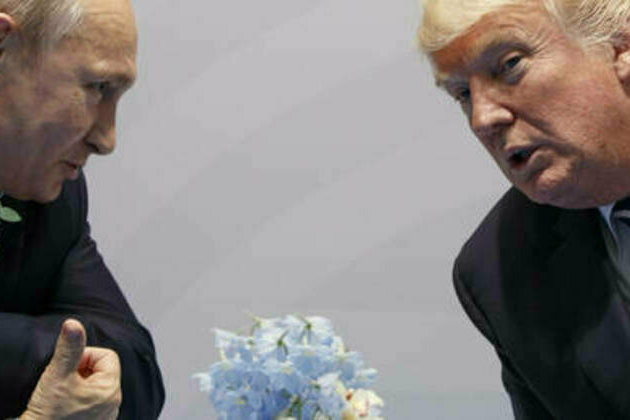US should be cautious, hesitant in delivering more military support to Pakistan: Report
ANI
20 Nov 2022, 05:25 GMT+10
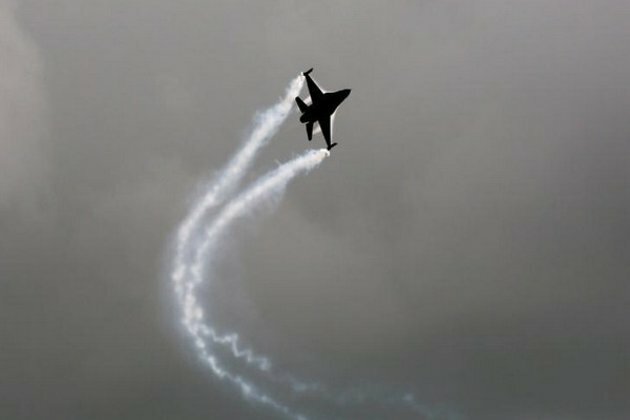
Washington [US], November 20(ANI): The US should be cautious and hesitant in delivering more military support to Pakistan, such as the F-16s, where there is no guarantee that they will be used competently.
Dr Sajjan M Gohel, the international security director at the Asia-Pacific Foundation think-tank and Marcus Andreopoulos, a senior research fellow at the Asia-Pacific Foundation, writing in War On The Rocks (WOTR) said that by fulfilling Pakistan's wishes on the F-16, the Biden administration may be hoping it will help shore up the fragile governing coalition from outside interference. However, it is the machinations of Pakistan's military that remain constant and will continue to shape what transpires within the country.
The Biden administration authorized the sale of military equipment worth USD 450 million to Pakistan to enhance the air-to-ground capabilities of the country's current stock of F-16 fighter aircraft.
This most recent sale is the latest chapter in a decades-long back and forth between Washington and Islamabad, in which bilateral relations have fluctuated erratically, said Gohel and Andreopoulos.
The contorted situation of the F-16 raises a perennial yet fundamental dilemma on whether Washington can ever really achieve its objectives with Pakistan regarding cooperation in preventing Afghanistan from becoming a safe haven for terrorist groups, curtailing nuclear proliferation, ending hostilities with India, and containing China's expanding clout in South Asia.
The answers will likely turn out to be disappointing, as they have in the past. In part, this is because multiple US administrations pass laws with the intention of taking a principled stand in holding Pakistan accountable for its ties to terrorism or nuclear proliferation but then subsequently seek to find workarounds when there is an impending strategic security concern. Pakistan has understood this all too well, reported WOTR.
For Pakistan's establishment, statecraft of strategic depth outweighs the economic and social challenges that continue to engulf the country and which in turn heighten insecurity in the region.
The security ramifications of how the United States handles the F-16 matter carry enormous geopolitical significance, ranging from nuclear conflict, conventional warfare, counter-terrorism, and containing Chinese influence, said Gohel and Andreopoulos.
The history of US negotiations with Pakistan illustrates that the temporary, tactical, and transactional nature of the relationship has enabled Pakistan to pursue its adversarial military doctrine of strategic depth in Afghanistan to hedge against India, in which the F-16s became a key tool, while also furthering the ambitions of a nuclear weapons programme.
F-16 refurbishments are not going to resolve Pakistan's crippling economic and humanitarian crisis and may instead contribute to the cycle of military opaqueness and intransigence over the stable democratic civilian rule, reported WOTR.
Washington should stop using F-16s to try and leverage security and non-proliferation commitments from Pakistan. As Pakistan is mired in political, economic, and environmental instability, the risk is that providing Islamabad with more weapons will be counterproductive because they exacerbate regional tensions, said Gohel and Andreopoulos.
Instead, Washington should recognize that these sales and upgrades prop up actors in the country that sometimes work against American interests, all but ensuring that clashes over the sale of this jet -- and other American hardware -- will continue long into the future.
Moreover, the nuclear risk is a by-product of Pakistan's instability, which has occurred directly due to the troubling relationship its military sustains with violent extremists.
Pakistan's commitment to preserve its nuclear arsenal is also configured to level the defence battlefield with India. Ironically, instead of being a conventional deterrent, the F-16 could instead be used to carry nuclear warheads.
Expressing apprehensions over the Biden administration's decision to upgrade Pakistan's F-16 fleet, India's External Affairs Minister S Jaishankar implied that the primary use of the aircraft would be to wage war with India.
Jaishankar's concerns are not without merit. Tensions between Pakistan and India ignited in February 2019, after the Jaish-e-Mohammed terrorist group carried out a suicide bombing in Jammu and Kashmir that killed 40 Indian security personnel.
Pakistan had deployed F-16s against India as opposed to the Chinese-built JF-17 Thunder that they initially claimed to have used, violating the terms of sale from the United States. (ANI) Share
Share
 Tweet
Tweet
 Share
Share
 Flip
Flip
 Email
Email
Watch latest videos
Subscribe and Follow
Get a daily dose of Kenya Star news through our daily email, its complimentary and keeps you fully up to date with world and business news as well.
News RELEASES
Publish news of your business, community or sports group, personnel appointments, major event and more by submitting a news release to Kenya Star.
More InformationAfrica
SectionLatest US pullback from international climate efforts
BRUSSELS, Belgium: The United States has withdrawn from the board of a U.N. climate fund designed to help poor countries deal with...
(SP) SERBIA-NIS-IBA WORLD WOMEN'S BOXING CHAMPIONSHIPS 2025
(250314) -- NIS, March 14, 2025 (Xinhua) -- Hu Meiyi (R) of China competes against Chuthamat Raksat of Thailand during the elite women...
"We agree to ceasefire, but...": Putin thanks Trump, PM Modi for efforts to resolve Ukraine conflict
Moscow [Russia], March 14 (ANI): Russian President Vladimir Putin has made his first public remarks on Ukraine's willingness to negotiate...
India and UN-Women convene Ministerial Roundtable on Women's Empowerment at 69th CSW
New York [US], March 14 (ANI): A ministerial roundtable, co-hosted by India and UN Women, was organised on the sidelines of the 69th...
UAE participates in EU's Third Humanitarian Senior Officials' Meeting on Sudan
BRUSSELS, 13th March, 2025 (WAM) -- As a key humanitarian donor in Northern Africa, the United Arab Emirates participated in the European...
READ IN FULL: Putins statement on Trumps Ukraine ceasefire proposal
Russia is ready, the president has said, stressing that such an agreement must lead to long-term peace Russian President Vladimir...
World
SectionEconomic Watch: U.S.-EU trade tensions deepen as tariffs take a toll
Flags of the European Union fly outside the Berlaymont Building, the European Commission headquarters, in Brussels, Belgium, Jan. 29,...
Zelenskyy accuses Putin of manipulating ceasefire proposal
Kyiv [Ukraine], March 14 (ANI): Ukrainian President Volodymyr Zelenskyy has accused Russian President Vladimir Putin of manipulating...
India rejects Pakistan's allegation of hand in Train siege, says Pak is epicentre of terrorism
New Delhi [India], March 14 (ANI): India has strongly denied suggestions made by the Pakistan foreign office that India had a hand...
Moscow targeted in new Ukrainian drone raid mayor
Kievs latest attack comes after a US envoys visit to discuss ceasefire talks proposed by Washington Moscow has repelled another Ukrainian...
Pak PM calls for national unity after train seige, Baloch rebels claim Pak Army defeat
Quetta (Balochistan) [Pakistan], March 14 (ANI): Pakistan Prime Minister Shehbaz Sharif has called for national unity and dialogue...
Trump 'would like to meet' Putin
The Russian president has also voiced openness to further discuss the US-proposed Ukraine ceasefire with his American counterpart ...

